“Corn Syrup” has been added to your cart. View cart
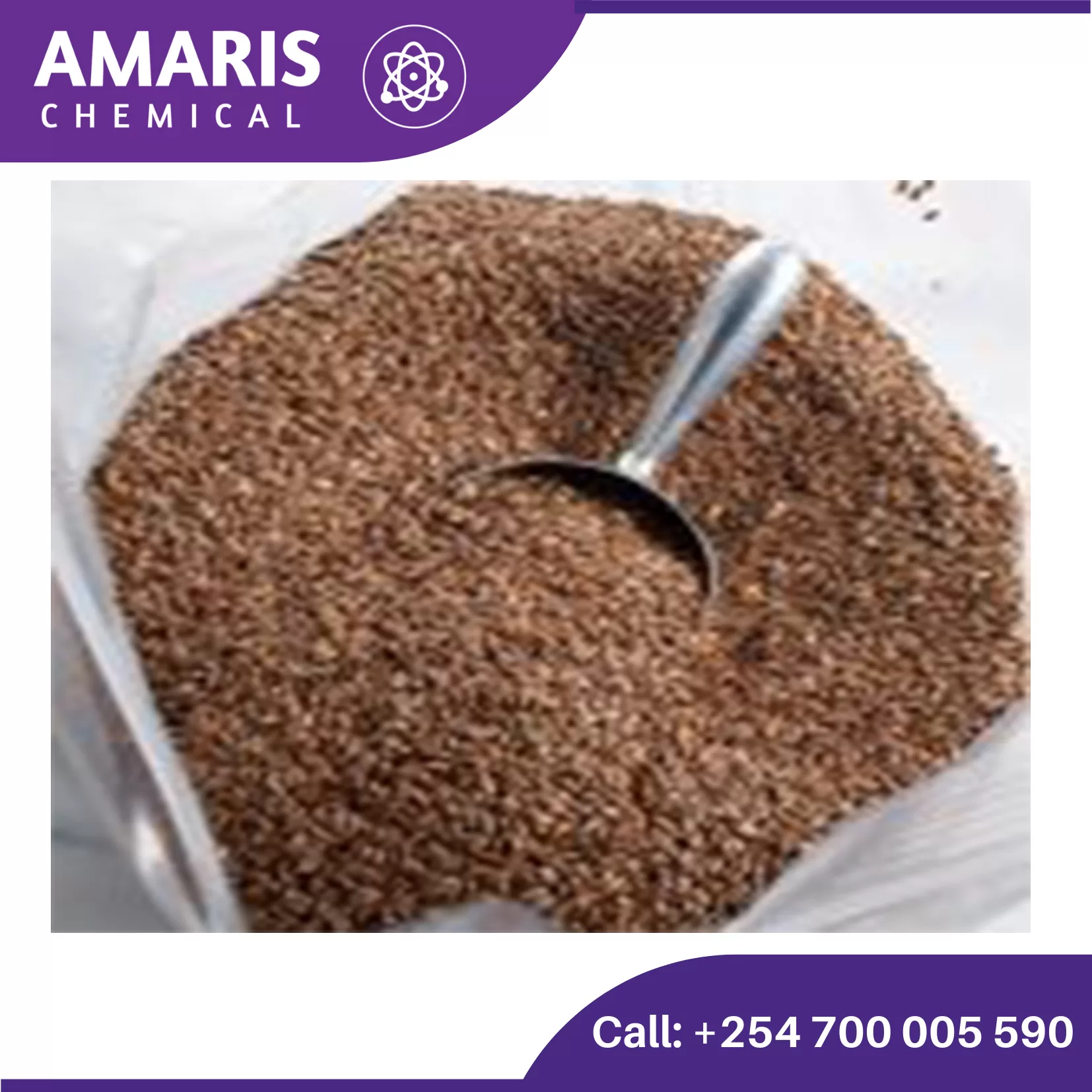
Flax
$8,500.00 Original price was: $8,500.00.$8,400.00Current price is: $8,400.00.
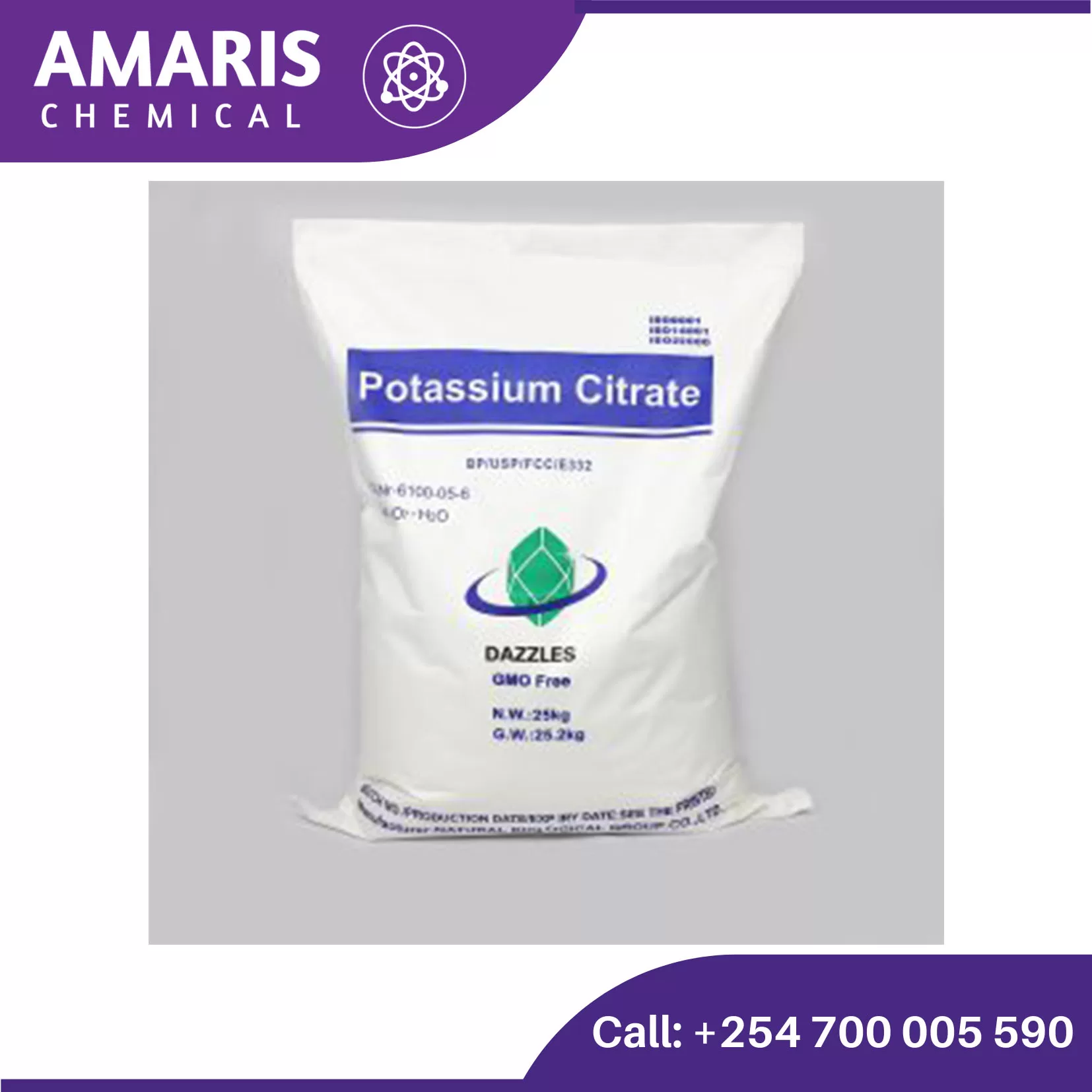
Potassium Citrate
$0.01
Fructose
$0.01
SKU:
ACS27585CHEM0
Category: Sweeteners
Reviews (0)
Be the first to review “Fructose” Cancel reply
Shipping & Delivery


MAECENAS IACULIS
Vestibulum curae torquent diam diam commodo parturient penatibus nunc dui adipiscing convallis bulum parturient suspendisse parturient a.Parturient in parturient scelerisque nibh lectus quam a natoque adipiscing a vestibulum hendrerit et pharetra fames nunc natoque dui.
ADIPISCING CONVALLIS BULUM
- Vestibulum penatibus nunc dui adipiscing convallis bulum parturient suspendisse.
- Abitur parturient praesent lectus quam a natoque adipiscing a vestibulum hendre.
- Diam parturient dictumst parturient scelerisque nibh lectus.
Scelerisque adipiscing bibendum sem vestibulum et in a a a purus lectus faucibus lobortis tincidunt purus lectus nisl class eros.Condimentum a et ullamcorper dictumst mus et tristique elementum nam inceptos hac parturient scelerisque vestibulum amet elit ut volutpat.
Related products
Acesulfame K
$0.00
Acesulfame K, also known as Acesulfame Potassium or Ace-K, is a high-intensity artificial sweetener that is commonly used as a sugar substitute in various food and beverage products. It is a white, odorless powder that is about 200 times sweeter than sucrose (table sugar), but it has no caloric value and does not affect blood sugar levels. Acesulfame K is chemically stable and can withstand high temperatures, making it suitable for use in baked goods and other heat-processed products. It is often found in sugar-free or low-calorie products, such as diet sodas, sugar-free chewing gums, desserts, and tabletop sweeteners.
Dextrose monohydrate 500gms
Rated 5.00 out of 5
Dextrose monohydrate, also known as glucose monohydrate, is commonly used in laboratories for various purposes, especially in biological and biochemical experiments. Here are a few ways it might be used:
- Culture Media: Dextrose monohydrate is often included in culture media for microbial growth. It serves as a carbon source for microorganisms.
- Cell Culture: In cell culture, dextrose monohydrate can be used as an energy source for cells. It provides glucose, which is a vital nutrient for cell growth.
- Buffer Solutions: It can be used in buffer solutions to maintain pH levels during experiments, especially those involving enzymatic reactions or other biochemical processes.
- Analytical Chemistry: In analytical chemistry, dextrose monohydrate can be used as a standard for calibrating instruments or as a reagent in various assays.
- Freezing Medium: It can be included in freezing media for the preservation of biological samples.
- Chemical Synthesis: Dextrose monohydrate may also be used as a reactant or a reducing agent in various chemical synthesis reactions.
liquid glucose 300kg
$0.01
Sorbitol 25kg
Sorbitol, also known as glucitol, is a sugar alcohol that occurs naturally in many fruits and plants or can be synthesized from glucose. It's commonly used as a sugar substitute in various food products due to its sweet taste and lower calorie content compared to regular sugar. Sorbitol is often used in sugar-free or reduced-sugar foods, as well as in pharmaceuticals and personal care products, due to its ability to provide sweetness without causing rapid spikes in blood sugar levels. Additionally, sorbitol has humectant properties, meaning it can retain moisture, which makes it useful in products like chewing gum, toothpaste, and skin care items.
Sucrose 500g
Analytical Reagents, Biochemicals Reagents, Excipients, Flavor Enhancers, Plant Growth Regulators, Sweeteners
Sucrose is a type of sugar commonly found in many plants, including sugarcane and sugar beets. It's a disaccharide, meaning it's composed of two simpler sugars, glucose and fructose, linked together. Sucrose is often used as a sweetener in food and drinks, and it's what we typically refer to as "table sugar." When we consume sucrose, enzymes in our digestive system break it down into glucose and fructose, which our bodies can then use for energy.










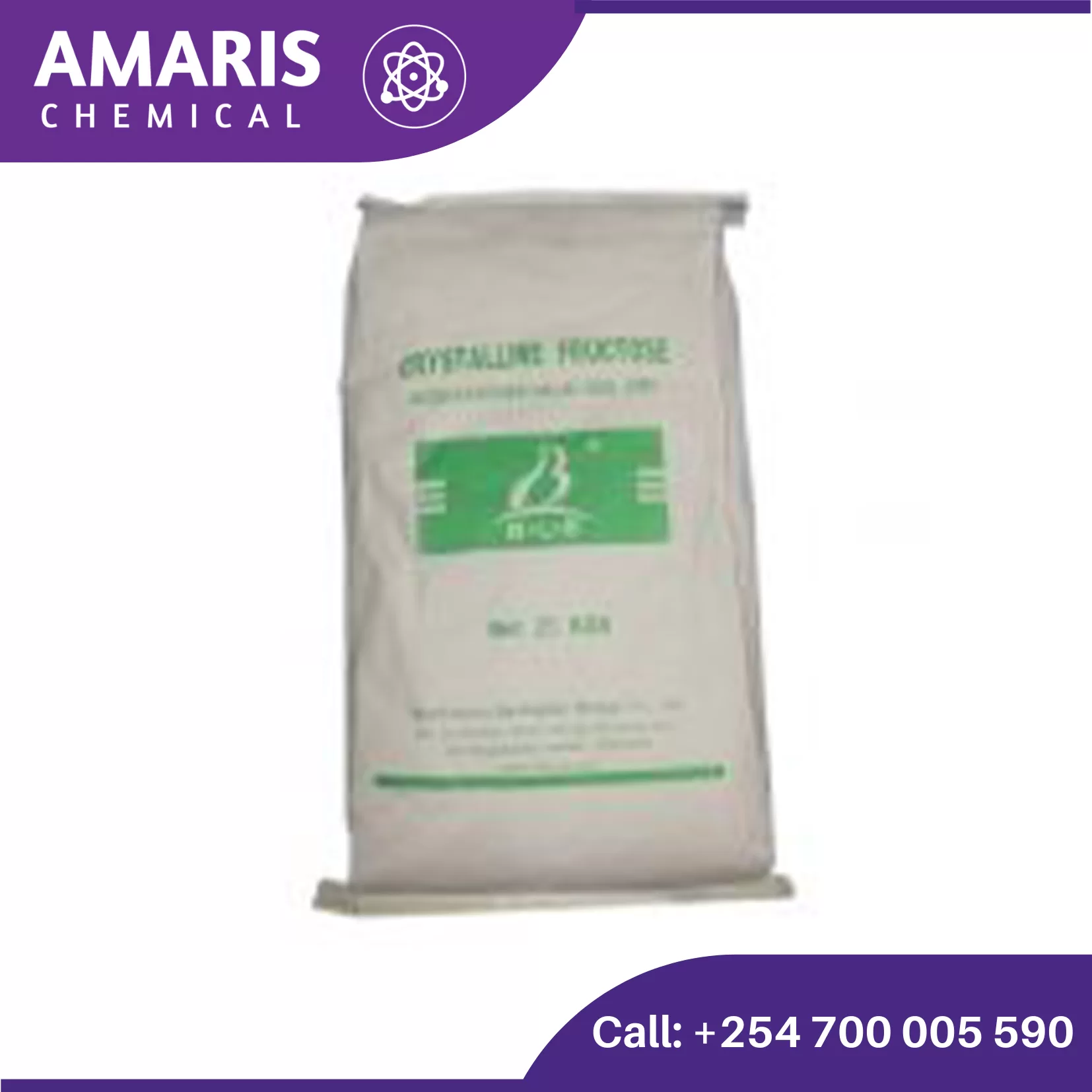

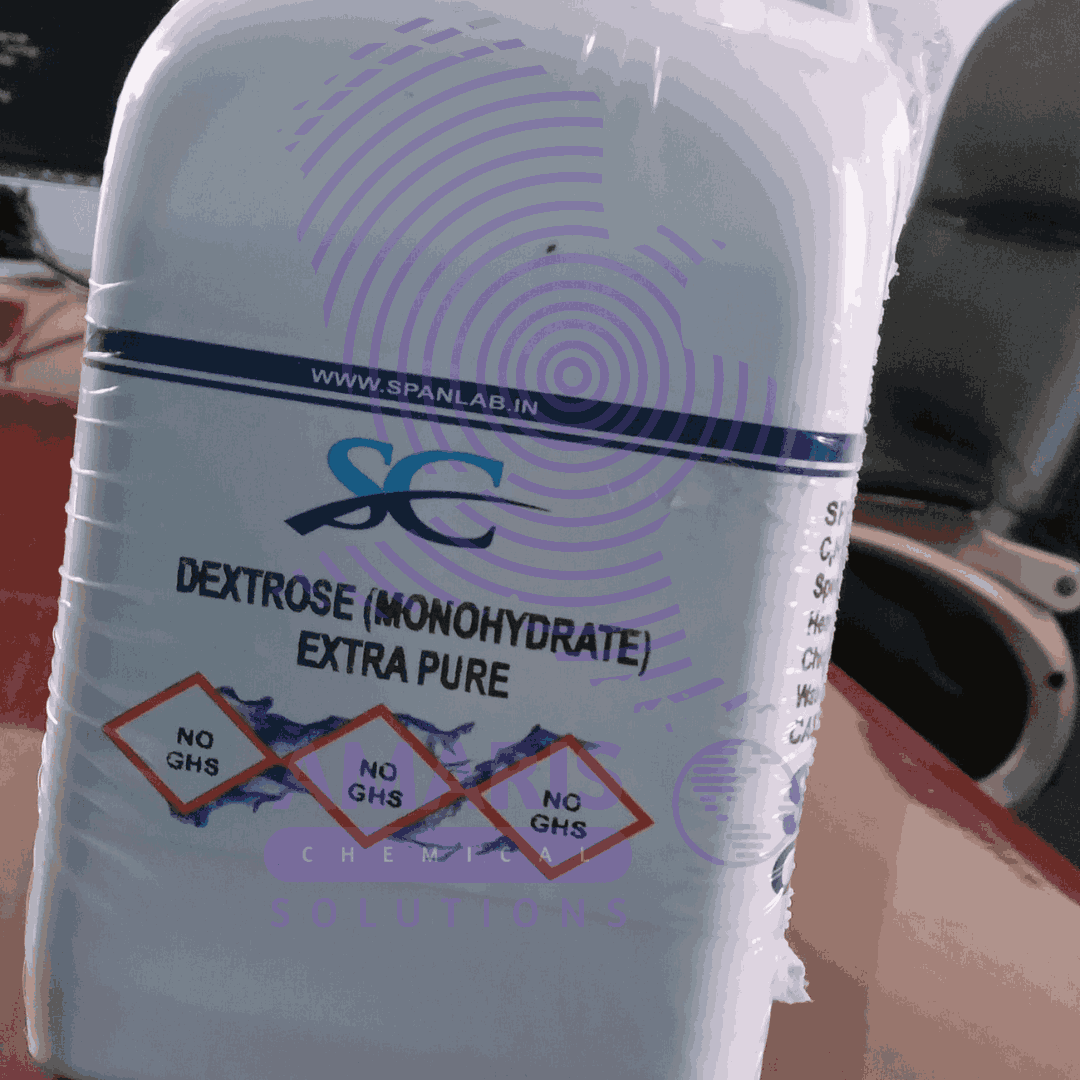



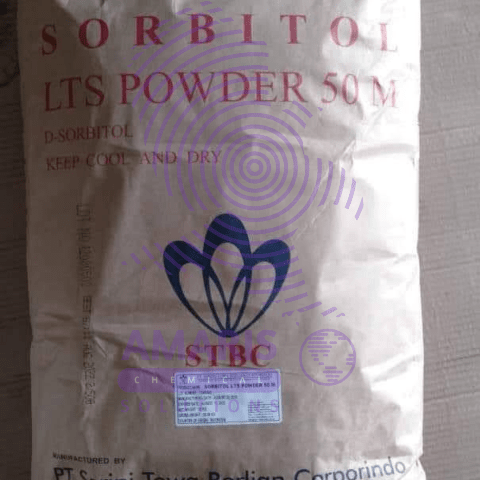
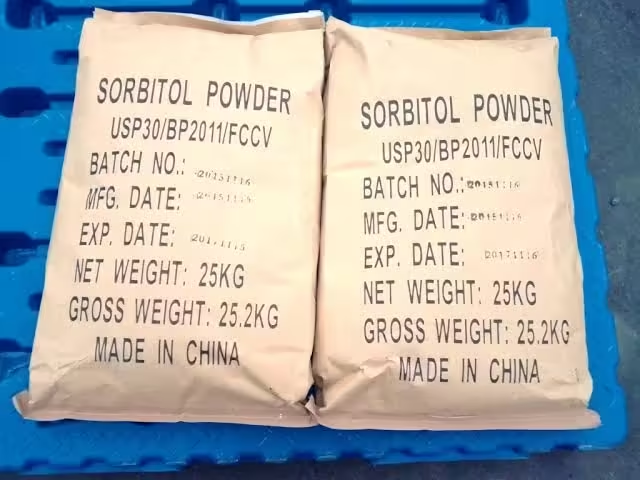

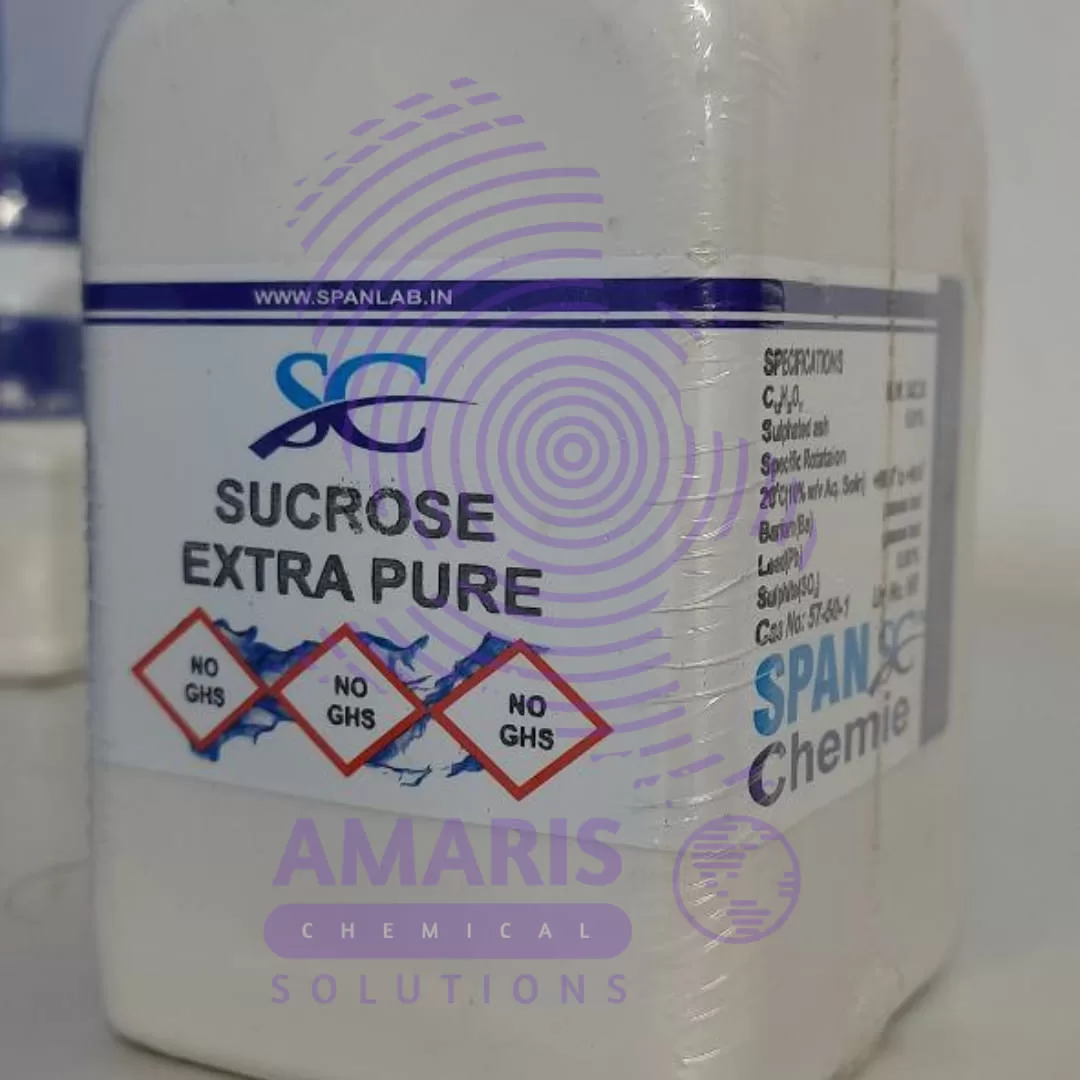









Reviews
There are no reviews yet.